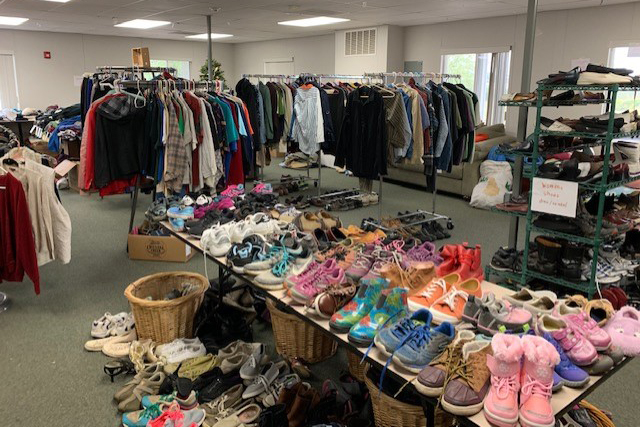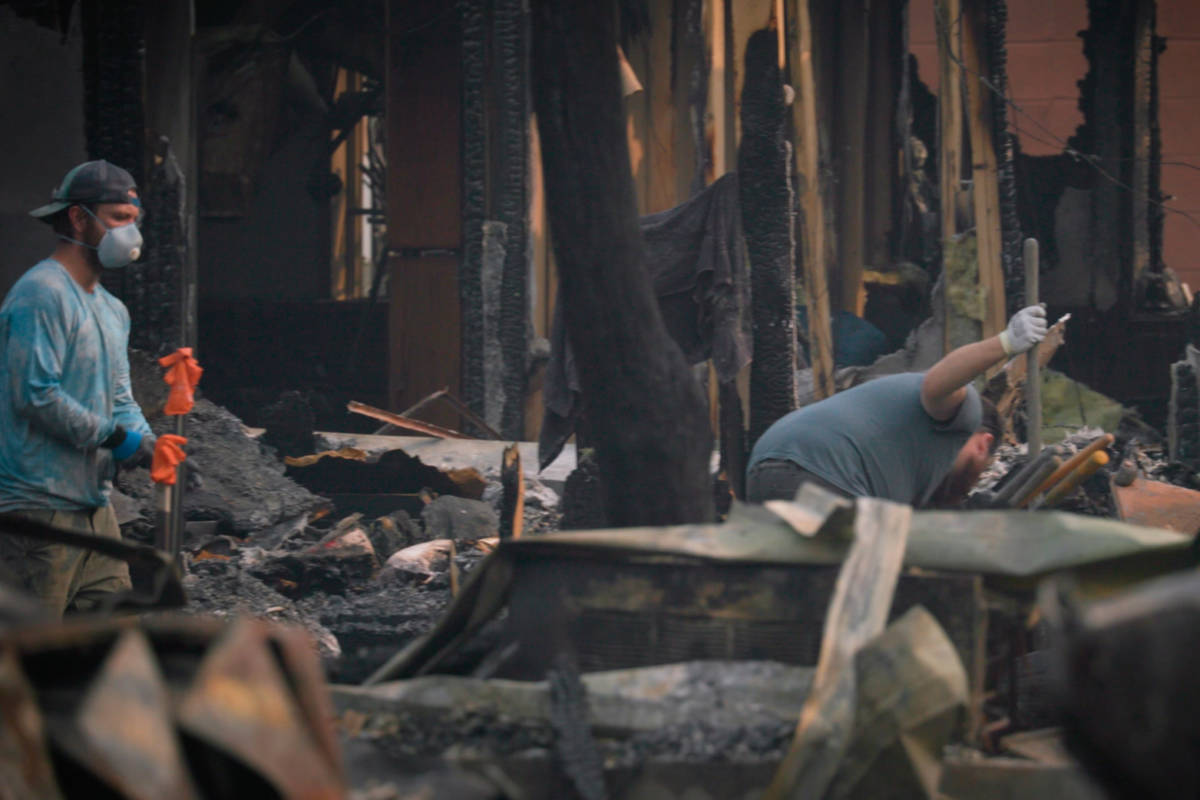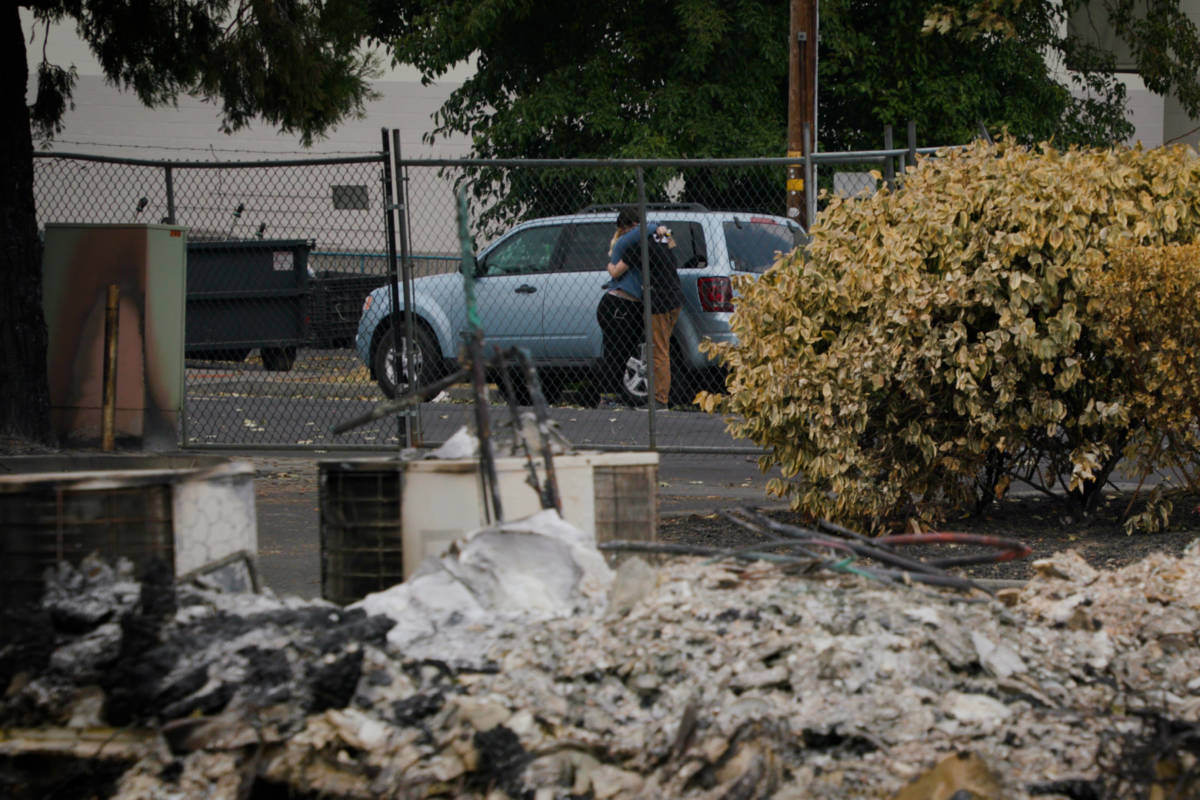The Almeda Fire: Rebuilding from the Ground up
As the dust from the Almeda Drive Fire settles, Southern Oregon's residents come together to provide support as the rebuild begins.
Jan 30, 2021
How Disaster Led to Sharing and Rebuilding focuses on how the Almeda Drive Fire forever changed the small towns in Southern Oregon's Rogue Valley and the Harry & David family. Through sharing resources and interviews with residents and first responders, we’re dedicated to helping those affected by the wildfire that destroyed over 2,000 homes in our local community.Almeda Drive Fire, 



The First Steps to Rebuilding
fire’s devastation
Support System in Place

.svg?q=70&width=384&auto=webp)






